In The News
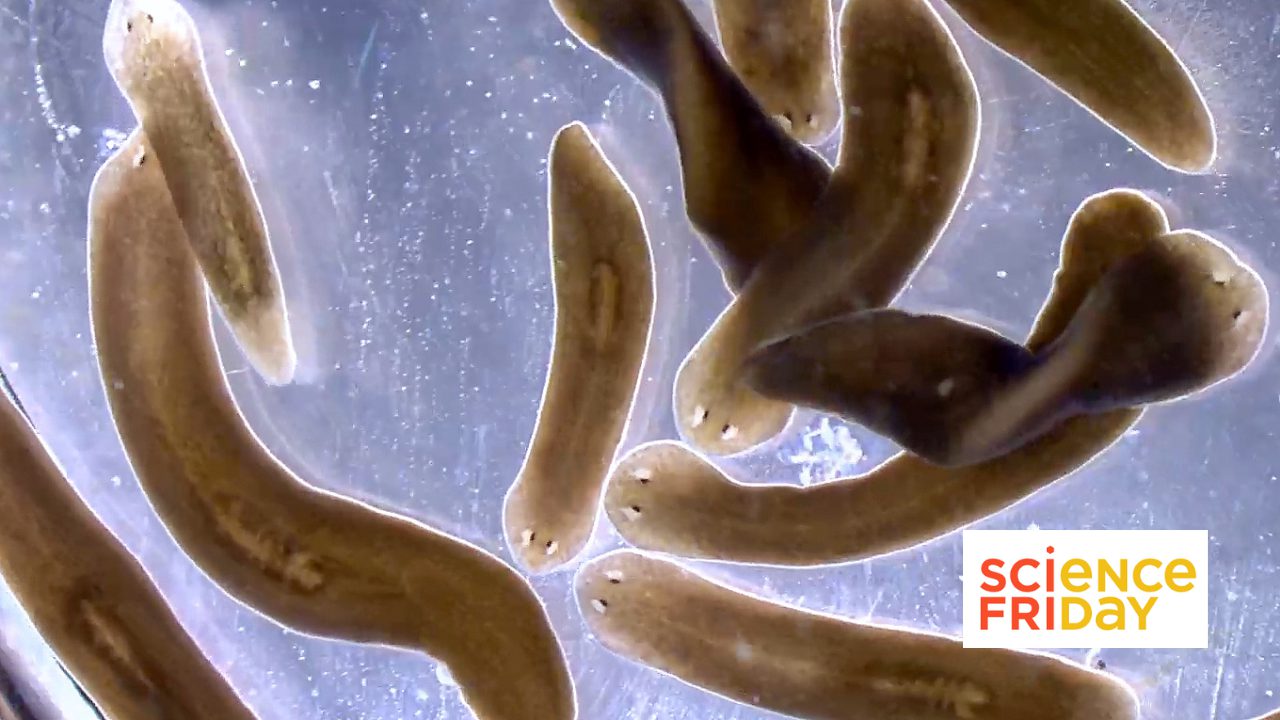
01 January 2026
Your Cells Are Always Building A Whole New You
From Science Friday, President and CSO Alejandro Sánchez Alvarado talks about the science of regeneration and the biology lessons we can carry into the new year.
Read Article
News
Stowers Assistant Investigator Kamena Kostova, Ph.D., earned the 2025 Alumni Early-Career Award from UCSF in recognition of her significant scientific achievements.
Stowers Assistant Investigator Kamena Kostova, Ph.D. Video credit: UCSF
Stowers Assistant Investigator Kamena Kostova, Ph.D., earned the 2025 Alumni Early-Career Award from UCSF in recognition of her significant scientific achievements. Hailing from a rural village in Bulgaria, Kostova’s fascination with nature and biology led her first to the Massachusetts Institute of Technology and then on to UCSF’s Biomedical Sciences Graduate Program, where she earned her Ph.D. in 2018.
In lieu of a postdoctoral fellowship, Kostova established her own independent research group as a Staff Associate at the Carnegie Institution for Science’s Department of Embryology — a course far from the typical journey toward becoming an independent scientist. Notably, this same path was taken by Stowers President and Chief Scientific Officer Alejandro Sánchez Alvarado, Ph.D., in 1996.
Kostova joined the Stowers Institute for Medical Research as a Principal Investigator in 2024, bringing her established laboratory from Carnegie. The Kostova Lab investigates the intricate biology of tiny protein manufacturing machines called ribosomes. Found in millions of copies in every cell of the body, ribosomes make all the body’s proteins, which are critical for those cells to function.
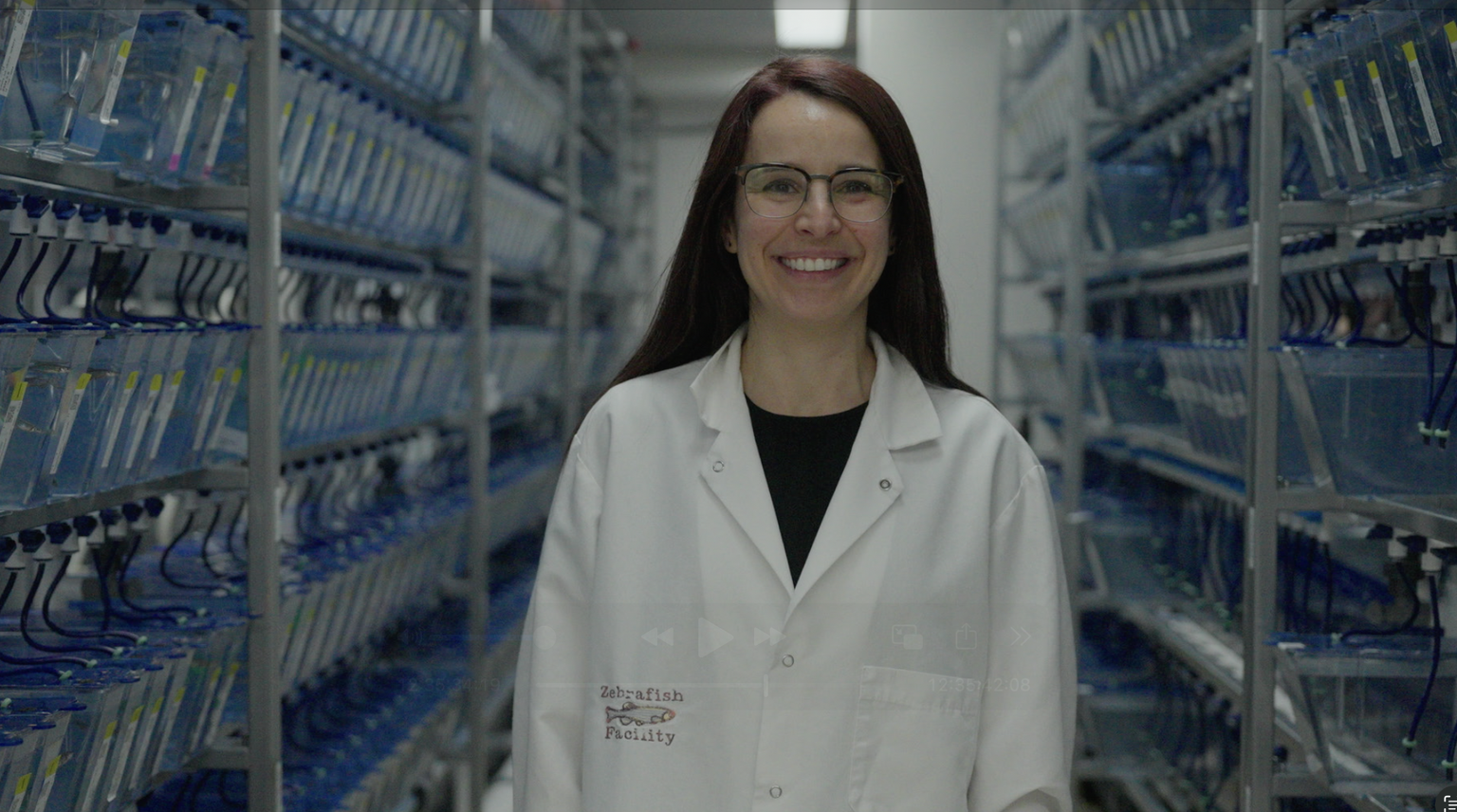
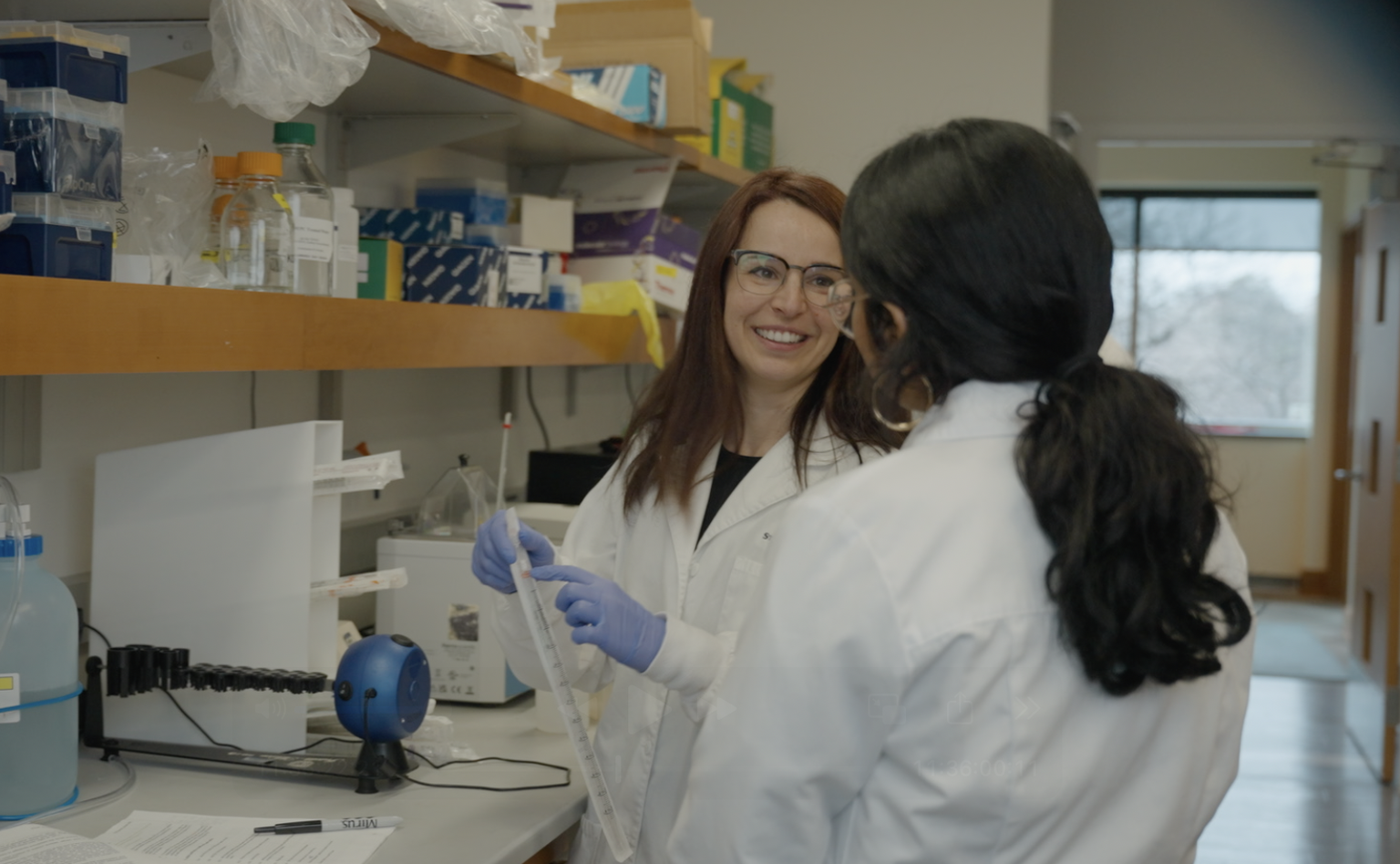

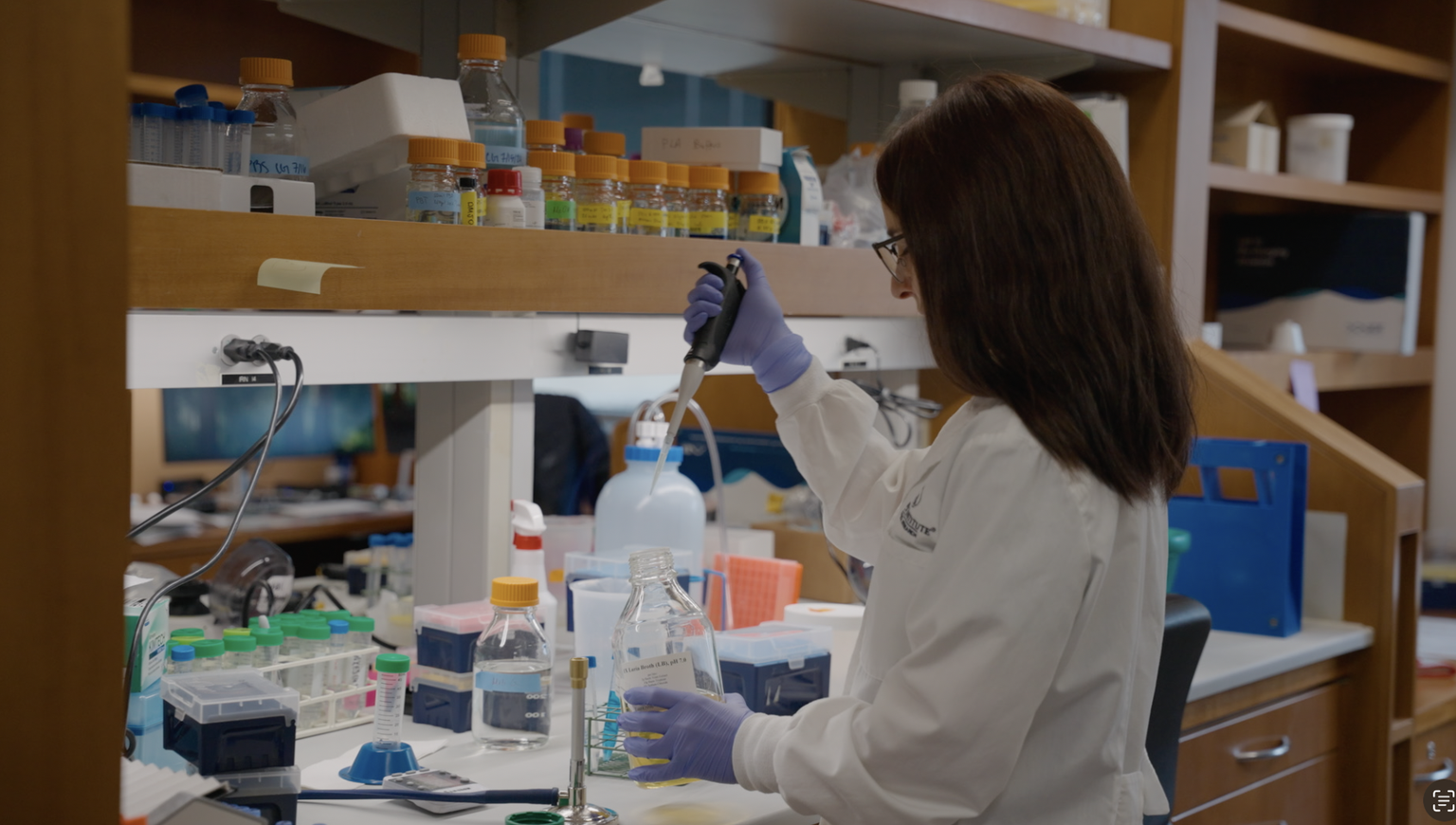
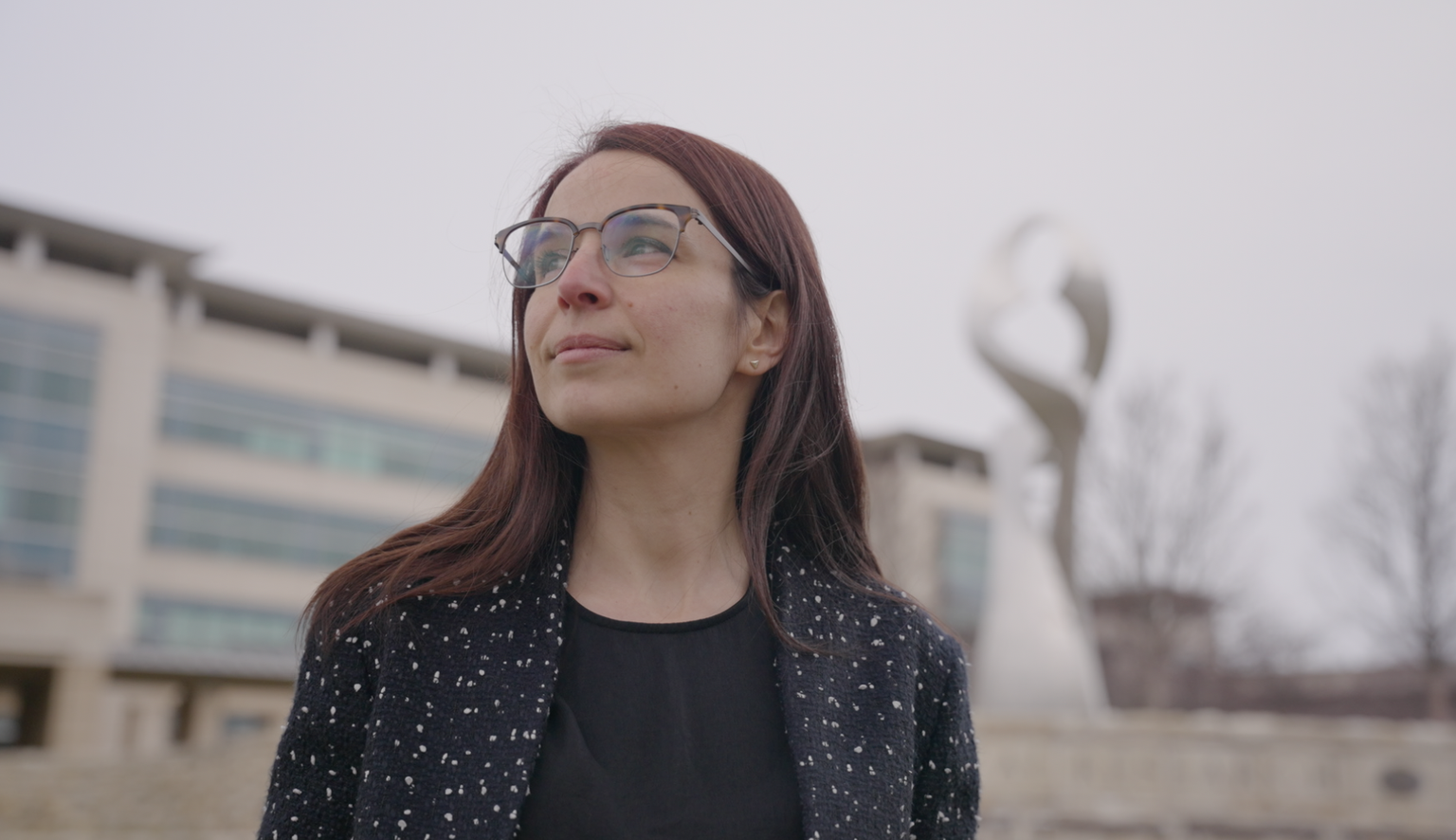
“People think a lot about our genetic code, but our bodies are not made of DNA. They are made of proteins,” said Kostova. “Ribosomes build all these proteins — there is no life without ribosomes.”
Because ribosomes are so essential and are present in such vast quantities, inevitably, they are prone to break down — defective ribosomes accumulating within cells that are not quickly cleared away can lead to diseases such as cancer and neurodegeneration. Thus, the body must have a mechanism for detecting and removing those that are faulty. A recent discovery from the Kostova Lab identified a ribosome quality control pathway in zebrafish that allowed her team to track defective ribosomes as they were being assembled. Through this pathway, she explained, the team discovered a rich network of quality control factors that identify and remove faulty ribosomes.
Each year, UCSF’s Alumni Early-Career Award honors an alum who has graduated or completed training within the last 10 years, has advanced rapidly in their career, and has displayed significant achievement in the areas of leadership and professional success, pushing the boundaries of science and health care. This year, UCSF honored Kostova.
“Training at UCSF was key for my growth as a scientist, allowing me to tackle big biological questions,” said Kostova. “New ideas come from curiosity — that’s how discoveries are made that can improve human health.”
Read more about Kostova's work here.
View the video honoring all honorees here.
In The News

01 January 2026
From Science Friday, President and CSO Alejandro Sánchez Alvarado talks about the science of regeneration and the biology lessons we can carry into the new year.
Read Article
In The News
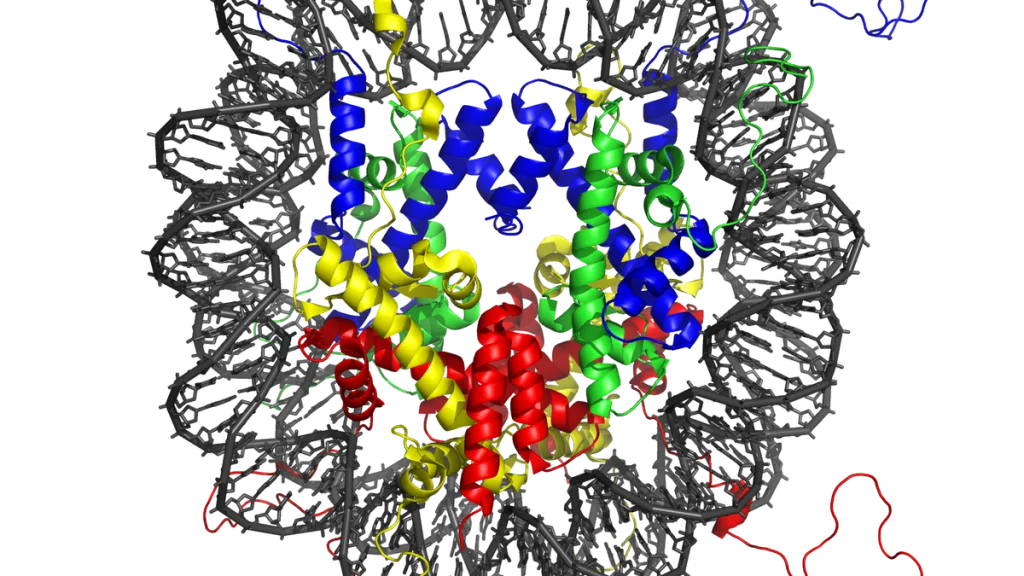
26 December 2025
From The Hindu, new research has found that the way the genome is organised can arise from chromatin’s own physics, without needing extra instructions
Read Article
In The News
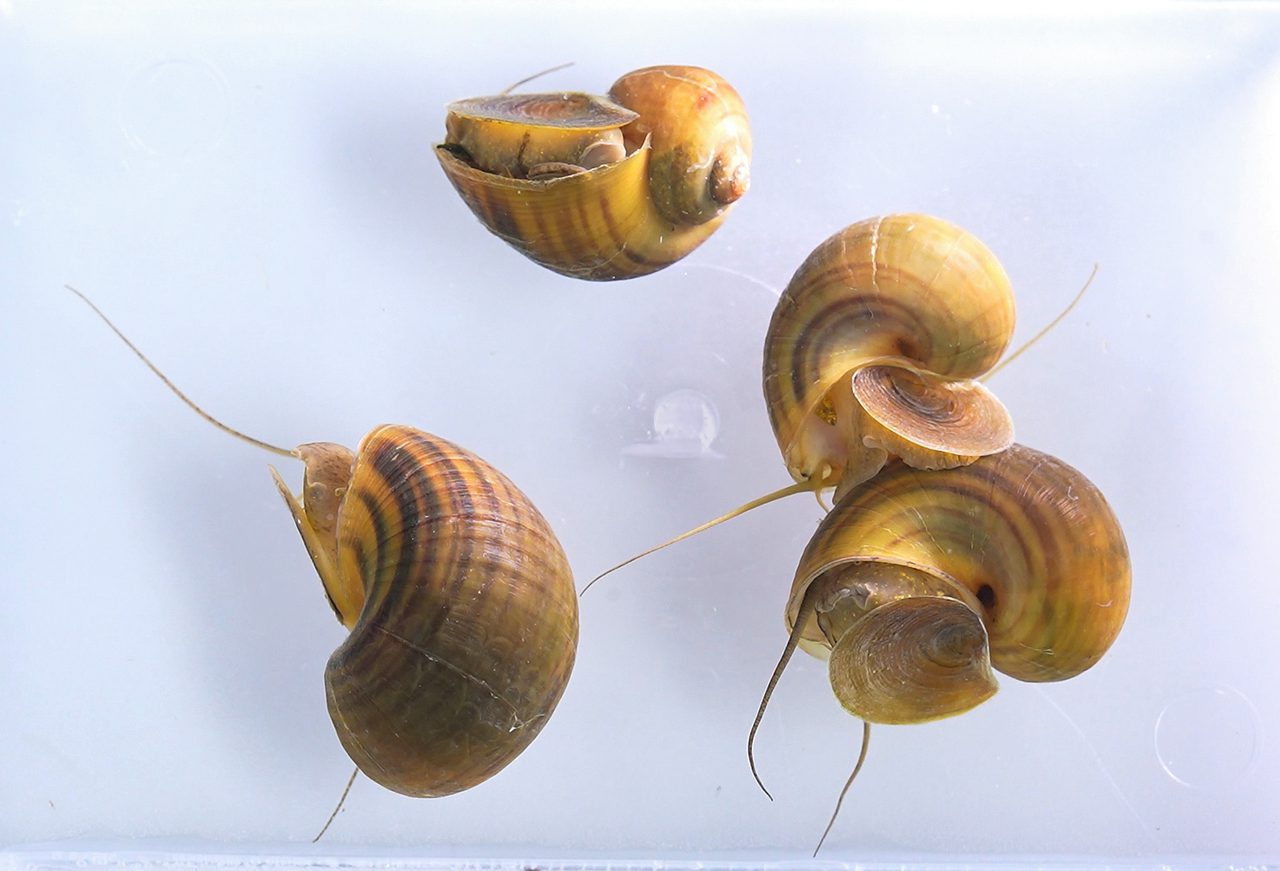
22 December 2025
From Ophthalmology Breaking News, Stowers scientists study eye regeneration in apple snails
Read Article
